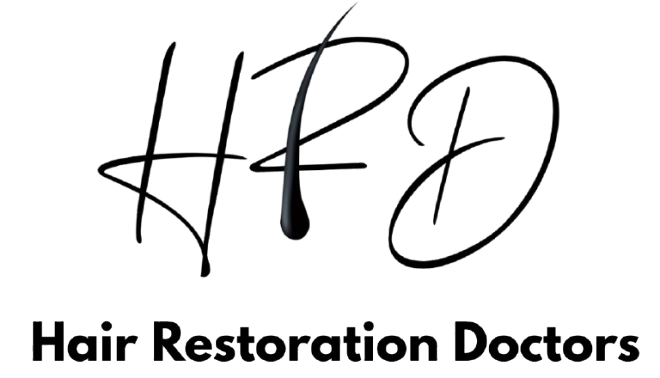Natural Therapies
While there is no definitive cure or reversal for hair loss, besides a hair transplant surgery, there are natural therapies that may help slow down the progression of hair loss, promote hair growth, and improve the overall health of the hair. It is important to note that the effectiveness of these natural therapies can vary depending on the underlying cause of hair loss and individual factors, which your doctor can explore with you in more detail. Here are some commonly suggested natural therapies for hair loss, though consultation with a hair specialist is always advised prior to starting.
- Regenerative therapies such as PRP & PRF may be considered natural as they are autologous i.e. derived from your own blood, stimulating natural repair & rejuvenation.
- Nutritional Supplements: Certain nutritional deficiencies can contribute to hair loss. Supplementing with vitamins and minerals such as biotin, vitamin D, zinc, & iron may support hair health. However, it’s crucial to consult with a healthcare professional before starting any supplements to determine if you have any deficiencies and to ensure proper dosage.
- Scalp Massage: Massaging the scalp increases blood circulation to the hair follicles, which can stimulate hair growth. Gently massage your scalp using circular motions for a few minutes each day.
- Balanced Diet: A nutritious diet rich in vitamins, minerals, and antioxidants is essential for healthy hair. Include foods like leafy greens, fruits, lean proteins, nuts, seeds, and whole grains in your diet. Avoid crash diets or restrictive eating patterns that may deprive your body of essential nutrients.
- Herbal Remedies: Certain herbs have been traditionally used to support hair health. For example, saw palmetto extract, derived from the berries of the saw palmetto plant, has been show to inhibit the conversion of testosterone to dihydrotestosterone (DHT), a hormone associated with hair loss. There are many other herbs which may assist & this can be tailored to each case.
- Stress Management: Chronic stress can contribute to hair loss. Adopting stress management techniques like meditation, yoga, deep breathing exercises, or engaging in activities you enjoy can help reduce stress levels and potentially improve hair health.
- Good Hair Care Practices: Proper hair care can minimise damage and breakage, promoting healthier-looking hair. Avoid excessive heat styling, harsh chemical treatments, and tight hairstyles that pull on the hair. Use gentle, sulphate-free shampoos and conditioners suitable for your hair type.
While these natural therapies may be beneficial for some individuals, it’s important to set realistic expectations and remember that results may vary. If you’re experiencing significant or persistent hair loss, it’s advisable to consult with a medical professional or a hair loss specialist for a comprehensive evaluation and appropriate treatment recommendations.

